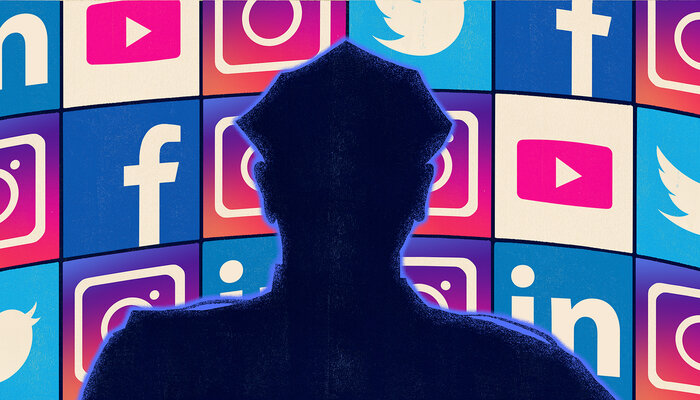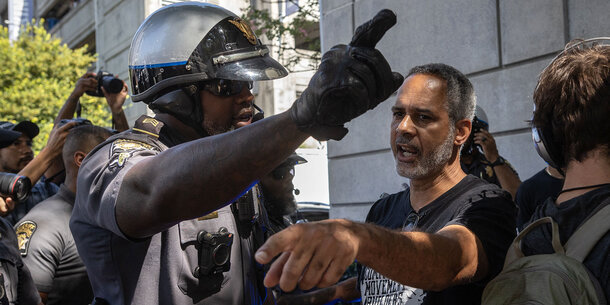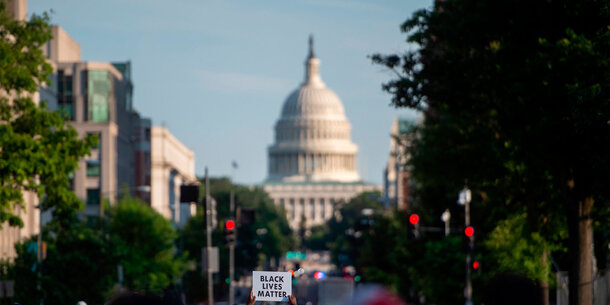Americans’ use of social media generates troves of detailed data about their personal, political, and religious beliefs and associations. Law enforcement’s use of this data is widespread. Some police departments use software designed to monitor large numbers of users. Police also use social media to track individuals or organizations and use undercover accounts to connect with unsuspecting users.
This poses risks to privacy and free expression, increases disproportionate surveillance of communities of color, and can lead to arrests of people on the basis of misinterpreted posts and associations.
Brennan Center research of hundreds of police departments found that only about half have public policies on social media surveillance. And the policies that are available have serious deficiencies that can lead to grave consequences for those who are monitored or tracked. In response, we’re created a set of principles and best practices to guide law enforcement agencies’ use of social media to ensure the public’s constitutional rights are protected.




